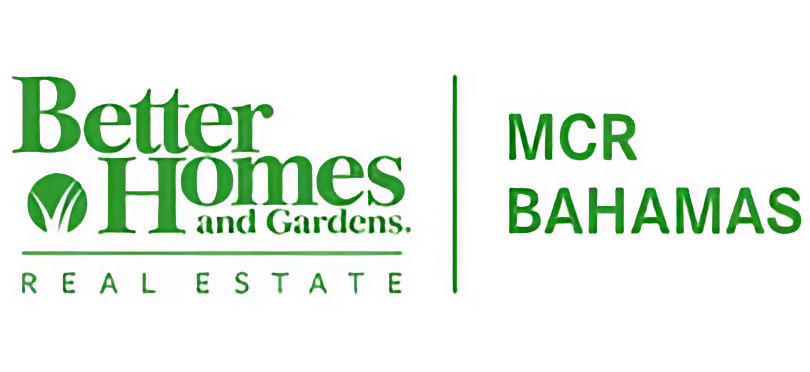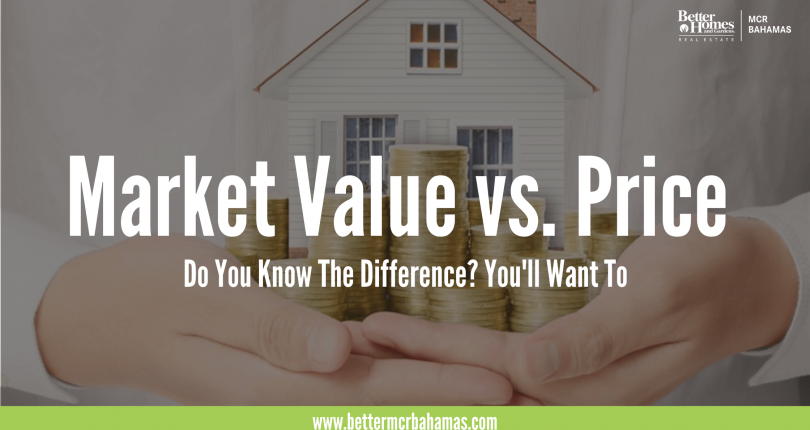- Tips To Buy Your Townhouse | Bahamas Real Estate - October 18, 2021
- Land Investments Are A Huge Opportunity - September 21, 2021
- Blockchain In Bahamian Real Estate | Bahamas Real Estate - September 10, 2021
The appraisal report pegged the property at $430,000, the seller listed it at $420,000 and the buyer is offering $435,000. Yes, you heard correctly but how does that work? No need to wrinkle your brow. Here’s a short crash course.
Related: Real Estate Appraisals – The Quick and Painless Way
Table of Contents
Make Sure It’s Worth It
Appraisals are educated opinions on an asset’s worth and are extremely helpful. Often, lenders rely on this professional analysis as part of a due diligence process to evaluate the financing terms of a borrower. If property will be collateral, lenders want to make sure it’s worth it and have an appraiser determine its market value or worth. It approximates what a typical arm’s length buyer with typical motivations, typical considerations and acting knowledgeably would likely be willing to pay for a given property based on various measurements such as the recent sale of comparable properties, replacement costs, and investment metrics such as capitalization rate or cash flow models if income is generated. The exercise is anchored on historical data, whether several months, weeks, or even a single day old, reflecting the most recent transactions for properties in a given market. Thus, property can appreciate or decrease in value, contrary to the common misconception that property only increases in worth. For other helpful notes, visit bettermcrbahamas.com/blog and search for “7 Real Estate Myths”. Fundamentally, market value is an estimation of a property’s worth measured by the recent past in any given market segment. However, the price of an asset is different and in fact can be divided into two categories – asking price and sales price.
Sellers Can’t Get What They Don’t Ask For
Price has a relationship to value but the two are not necessarily the same and won’t typically be. The price of something can be more or less than its worth.
An “asking price” in real estate is given and advertised to establish the amount desired by the seller in exchange for their property. It reflects what they hope to get from a buyer and thus an ask. A seller can ask for more than an appraiser’s estimated value or less if they’re prepared to lose some profits. Ultimately, the asking price may not only differ from the market value but it can also differ from the sales price. It’s no wonder a famous hedge fund manager once said “Price is a liar.” Ironically, there is some truth to the saying but perhaps it’s best to label the statement as a mischaracterization. Price is nothing sinister. Why is that?
Buyers Pay For What They Want
Sales price is the amount agreed upon and accepted in a single transaction for a given property. In other words, it is the actual amount a property sold for. Buyers pay for what they want. For instance, a seller’s asking price on a house is less than market value and a buyer agrees to pay the exact price listed, closing the deal. The same buyer notices that an attractive property next door with an asking price higher than the last purchase but equal to its market value with an offer at asking price and one for $2,000 more. The buyer is so determined to have the property that an offer of $10,000 above asking price is made, closing the deal. The buyer paid for what they wanted both times. It was perfectly legal and acceptable.
Related: Questions You Should Ask Your Appraiser
You’re in The Know
No furrows in the brow now means that you’re in the know. A property’s value is not always equal to its price. Also, both value and price can vary. In the end though, market value and price are undoubtedly intertwined. Setting an ideal asking price, depends on your property’s value. The sale price is a stamp of approval by all sides to make the exchange. It can be more or less than the property is worth and that’s okay as long as everyone is prepared for the financial implications.
Home values and prices can be complex. With so many different variables, you may wonder about a property’s value or how to decide on property prices if you’re selling. The best help will be a recent appraisal or a current comparative market analysis (CMA). Better Homes & Gardens can get you either with both professional appraisers and agents. We’d be happy to help you. If you have questions or you like to comment, contact us.

